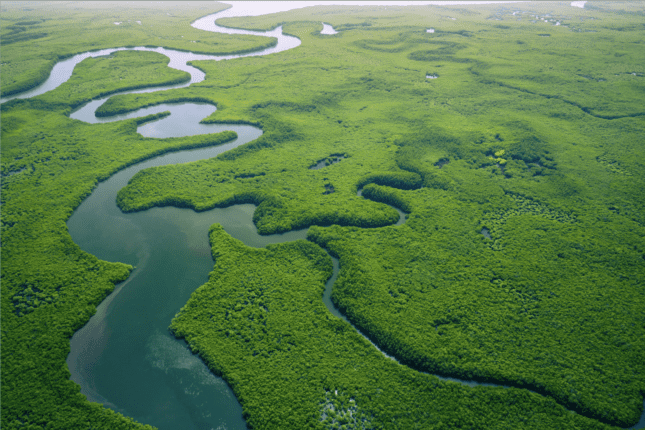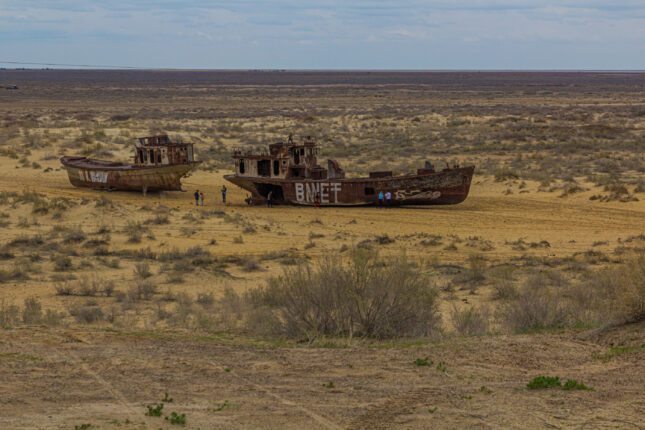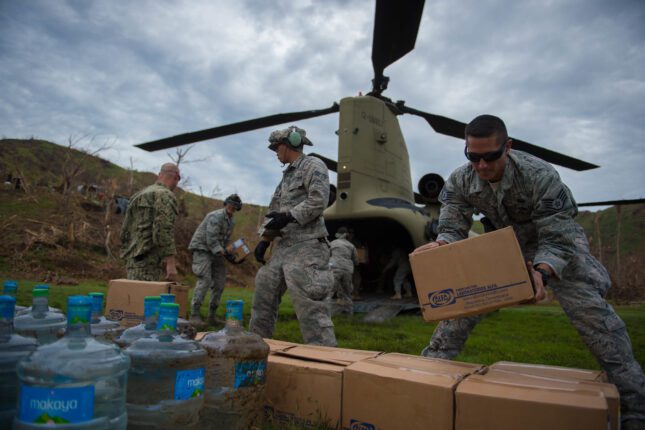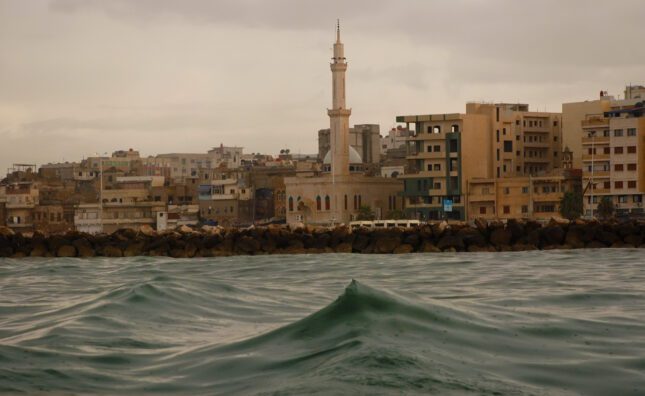-
An Interview with NATO’s Paul Rushton on the Alliance’s Climate Security Efforts
›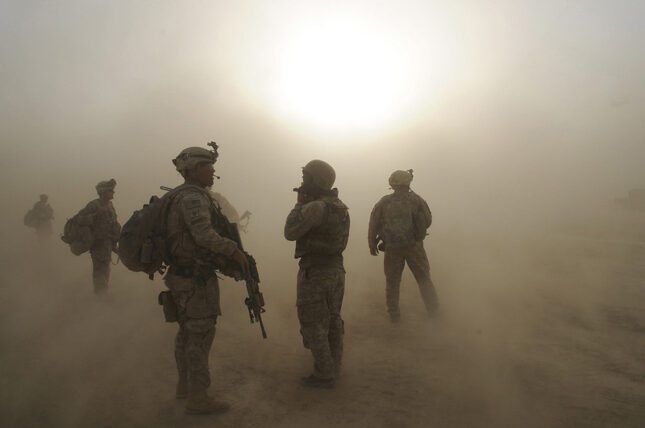 When senior officials from 32 countries meet in Washington, DC next week for the NATO Summit, deterrence and defense, as well as Ukraine and global partnerships, are at the top of the agenda. As NATO Secretary General Jens Stoltenberg observed at a recent Wilson Center event: “The war in Ukraine demonstrates that our security is not regional, it is global – not least because of the support we know Russia is getting from China and others.”
When senior officials from 32 countries meet in Washington, DC next week for the NATO Summit, deterrence and defense, as well as Ukraine and global partnerships, are at the top of the agenda. As NATO Secretary General Jens Stoltenberg observed at a recent Wilson Center event: “The war in Ukraine demonstrates that our security is not regional, it is global – not least because of the support we know Russia is getting from China and others.”Under Stoltenberg’s leadership, NATO has recognized that climate change is also reshaping the security landscape. In 2021, NATO launched a Climate Change and Security Action Plan which positions the organization as a leader in understanding and adapting to climate impacts on security. Two years later, the NATO Climate Change and Security Centre of Excellence (CCASCOE) was established in Montreal.
-
ECSP Weekly Watch | June 24 – 28
›
A window into what we are reading at the Wilson Center’s Environmental Change and Security Program
Renewable Energy Needs a Social Vision (Mongabay)
The Zapotec of the Isthmus of Tehuantepec have accused energy giant EDF (Électricité de France) of causing human rights abuses while building wind farms in Oaxaca state. They also claim the company intimidated and harassed social movements who opposed this construction on their ancestral lands. The Zapotec are indigenous peoples of Mexico who call themselves Bën Za or “The People”—and after three years of struggle and stalling tactics by EDF’s legal representatives, French courts have authorized their civil case filing at last.
-
Flowing Together: Peace and Conflict’s Role in Socio-hydrology
›
In an era where water scarcity and disputes over water rights increasingly shape global politics, understanding the nexus between water and peace is more critical than ever. Recent events such as the border clashes between Kyrgyzstan and Tajikistan, or continued tensions between Egypt, Ethiopia, and Sudan over the Nile River’s usage, underscore the urgent need for comprehensive strategies to address both the hydrological and social dimensions of water management.
-
Climate Security and Europe’s Greens: A Match Made in Political Heaven?
›
When Luxembourg’s Green Party was offered the defense portfolio in coalition talks after performing strongly in the country’s 2019 elections, its senior members faced a dilemma. Never before had a party of its political stripe held that brief anywhere in the world.
Some of the Green rank and file, drawn from pacifist backgrounds, seemed uncertain as to what to make of it all. But to François Bausch, the Green politician who ultimately took on the roles of defense minister and deputy prime minister there, the answer seemed obvious. Here was an opportunity for the party to advocate for climate security from a highly relevant perch, all while showing voters that it could be trusted with such strategic concerns.
-
The Future of Central Asian Water Diplomacy
›
Central Asia is known for its rich mineral resources and oil reserves, and its unique geographic position between Russia, China, and Iran. But it is also beginning to position itself as a potential leader in water diplomacy. This June, policymakers, academics, and those in the private sector will convene in Tajikistan for the Dushanbe Water Process. In partnership with the United Nations, the country is hosting biennial conferences between 2018-2028; this June will mark the third international high level conference on the topic.
-
The US Department of Defense’s Role in Integrating Climate Change into Security Planning
›
The recent floods and landslides in Brazil, displacing almost 100,000 and killing at least 100, reminds us that climate change-fueled extreme weather, combined with an intense El Niño, is a deadly combination. Governor Eduardo Leite of the southern Brazilian province, Rio Grande du Sol, described the devastation the region was subjected to as “unprecedented.” As President Luiz Inacio Lula da Silva noted: “We need to stop running behind disasters. We need to see in advance what calamities might happen and we need to work.”
-
ECSP Weekly Watch | May 20 – 24
›
A window into what we are reading at the Wilson Center’s Environmental Change and Security Program
Southern Africa’s Drought Offers a Window into the Region’s Climate Future
Southern Africa has been hit by one of its worst droughts in decades, and this calamity highlights the vulnerability of smallholder farmers who rely on rainfed agriculture. For the first time, farmers like Esnart Chogani, who works on a farm just outside Zambia’s capital, Lusaka, were unable to bring in a harvest. The region is normally a major exporter of maize, yet it now has begun importing the grain to meet demand.
-
Integrating Climate, Peace, and Security in MENA Countries’ NDCs
›
The potential threat climate change poses to peace and security is perhaps nowhere more apparent than in the Middle East and North Africa (MENA). Nationally Determined Contributions (NDCs) are one way MENA countries can address this compound risk.
Showing posts from category conflict.



